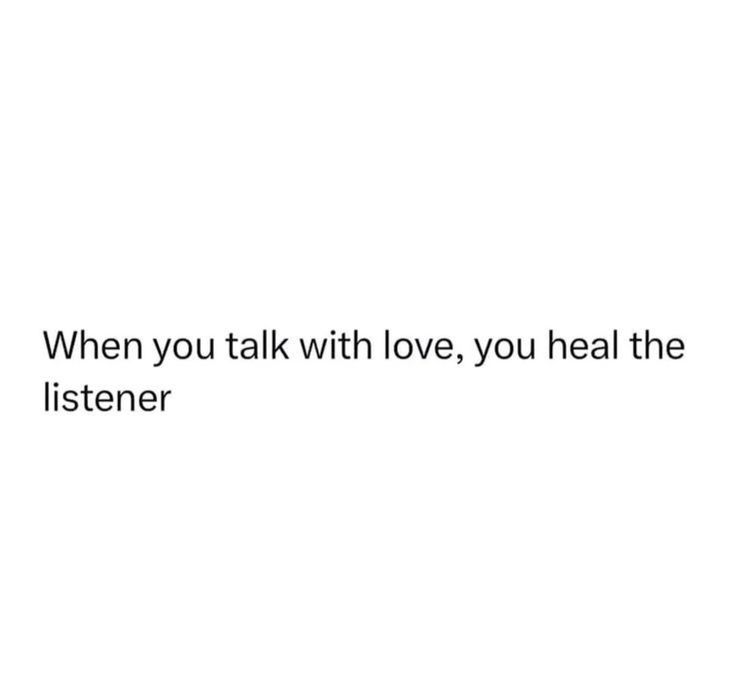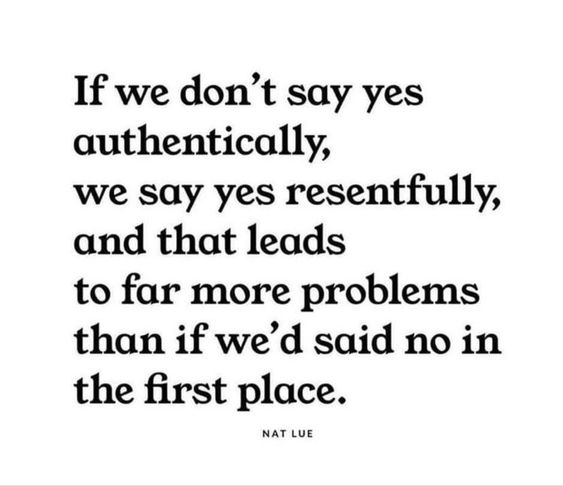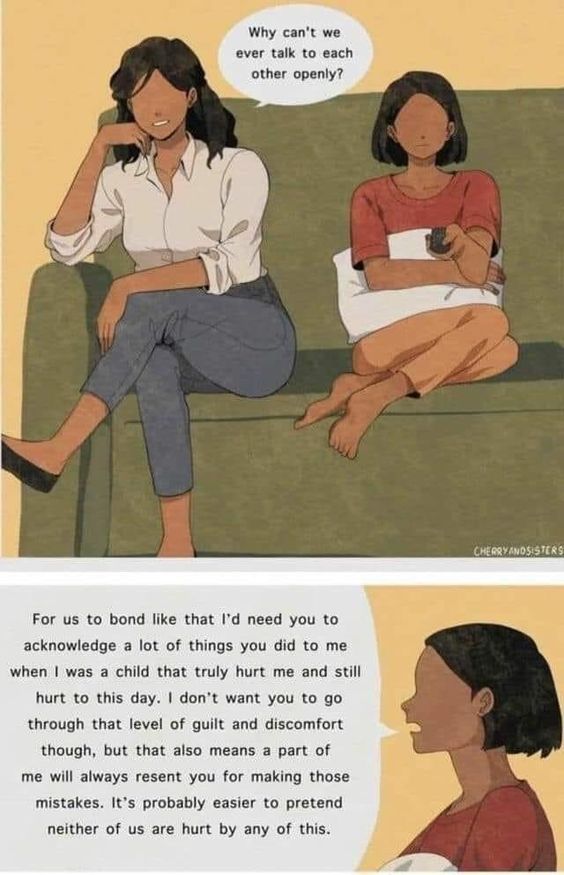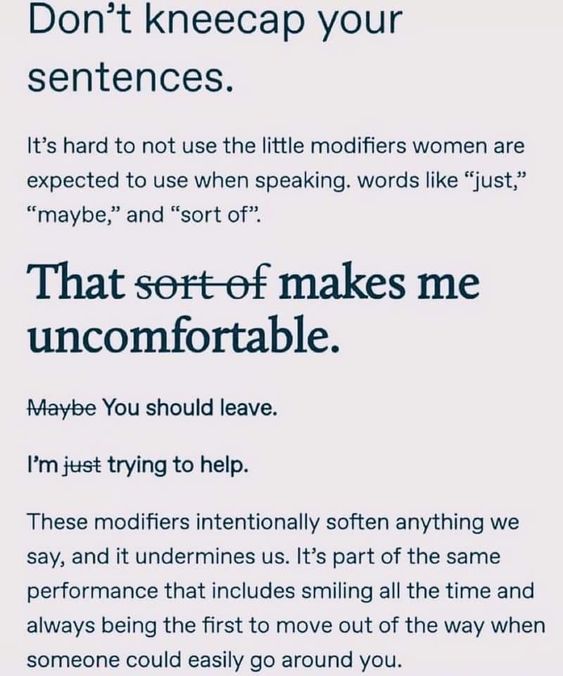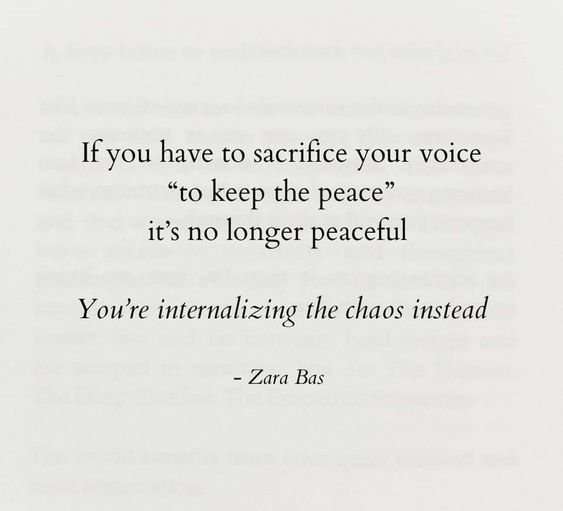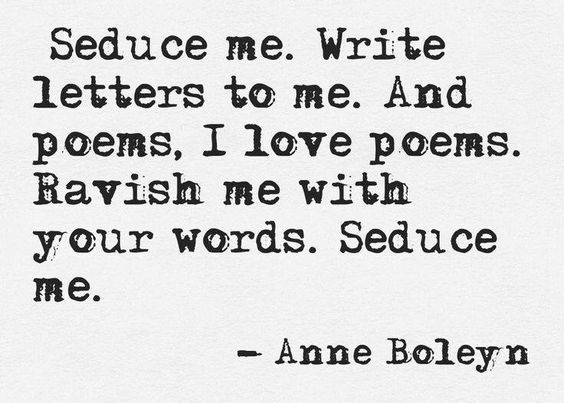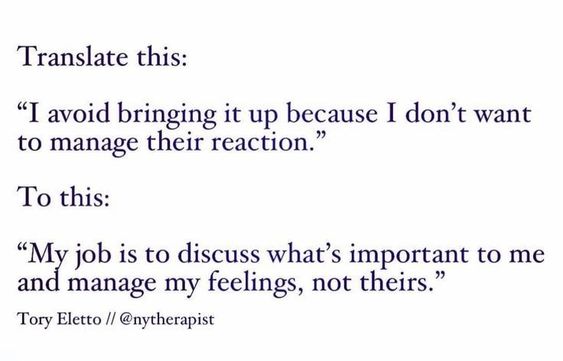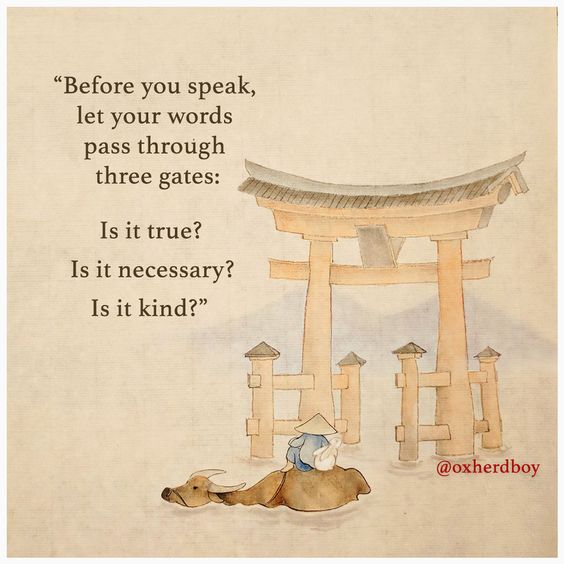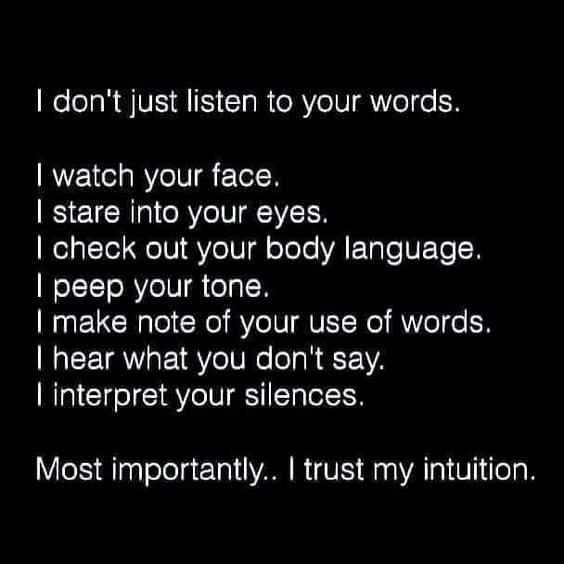“If you’re regularly having arguments with well-informed people of goodwill, you will probably ‘lose’ half of them–changing your mind based on what you’ve learned. If you’re not changing your mind, it’s likely you’re not actually having an argument (or you’re hanging out with the wrong people.) While it can be fun to change someone else’s position, it’s also a gift to learn enough to change ours. ‘Tell me about other strongly-held positions you’ve changed as the result of a discussion like this one…’ is a direct way to start a conversation about the argument you’re proposing to have. ‘What sort of information would make it likely you could see this in a different way?’ It probably doesn’t pay to argue over things we have chosen to believe as part of our identity.”
Seth Godin
“If you think you’re running 10 minutes late, text to say you’ll be 15 minutes late. That way the other person gets one disappointment and one pleasant surprise. Most people do the opposite: they say they’re 5 minutes late when it’s 10 and end up annoying the other and looking like total fools.”
Jacob Falkovich
“Hearing is one thing—listening is altogether different; they are worlds apart. Hearing is a physical phenomenon; you hear because you have ears. Listening is a spiritual phenomenon. You listen when you have attention, when your inner being joins with your ears.”
Osho, Everyday Osho (Page 232)
“She had known three types of silence in relationships. There was passive-aggressive silence, obviously, there was the we-no-longer-have-anything-to-say silence, and then there was the silence that Eduardo and she seemed to have cultivated. The silence of not needing to talk. Of just being together, of together-being. The way you could be happily silent with yourself.”
Matt Haig, The Midnight Library (Page 210)
“Miscommunication between two people is incredibly common because every time someone speaks they are translating their feelings into words, and then the other person has to interpret those words through the filter of their own current feelings and past emotional history. Since we are communicating through filters of perception, it takes a certain degree of calmness and emotional maturity between two people to ask each other, ‘What do you mean by this?’ or ‘Can you tell me more?’ to really understand what is being said. Communication without patience is likely to turn into conflict. Communication with patience is likely to lead to deeper connection.”
Yung Pueblo
“Finding words where words were absent before and, as a result, being able to share your deepest pain and deepest feelings with another human being… This is one of the most profound experiences we can have, and such resonance, in which hitherto unspoken words can be discovered, uttered, and received, is fundamental to healing the isolation of trauma—especially if other people in our lives have ignored or silenced us. Communicating fully is the opposite of being traumatized.”
Bessel van der Kolk, The Body Keeps The Score (Page 237) | ★ Featured on this book list.

